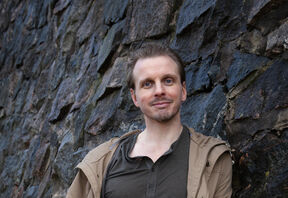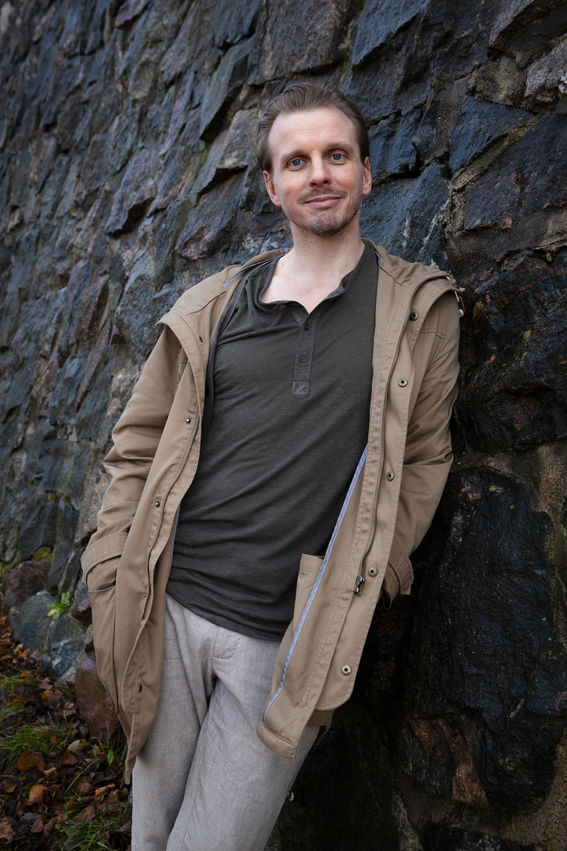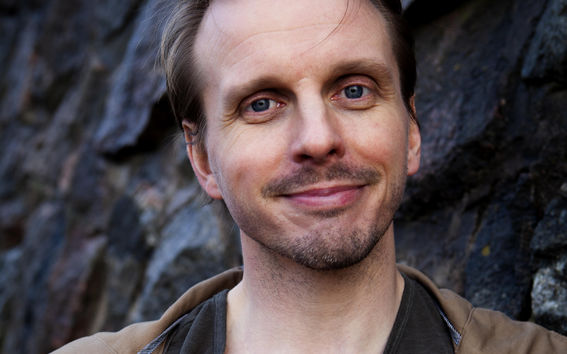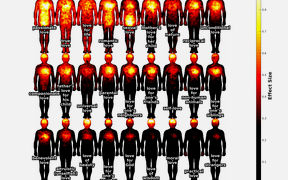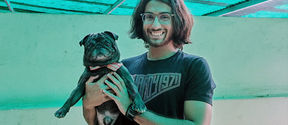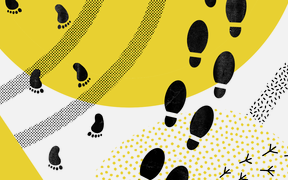What kind of love is there in your work community?
There is friendly and positive interaction, smiling and laughing together. I think a lot about the fact that the feelings of gratitude and love are really close together. But it's also a connection that I don't fully understand.
For example, my neuroscientist colleagues are so smart, fast, and skilled that I get huge feelings of gratitude for being able to work with them.
Why are emotions essential in the workplace?
Emotions are essential to human existence and drive our behaviour. They affect not only our own well-being and our own relationship with the world, but also other people around us. More generally, love and emotions guide how we orient ourselves to the world and how we shape and construct the reality around us.
Emotions, such as love, can be a great source of well-being and a source of a more positive social reality. On the other hand, they can also be a source of destruction. For example, anger can be linked to violent behaviour. It is therefore worthwhile to try to understand emotions better.
How can love be strengthened in the workplace?
I have been practising breathing and imagery exercises of loving kindness for a few years. It is also called meditation, based on Buddhist moral psychology. I have experienced it as a kind of revolution in my own life and in my social interactions.
Mindfulness training creates a conscious relationship with your breath and your body. This can be combined with positive imagery, such as a being that is easy to love. It could be your partner, your child, or a friend. Then you can try to extend that same feeling of love to your work team. The exercise can be continued and made more difficult by extending it to someone with whom there has been a quarrel or conflict, for example. And the same warm feeling of love and benevolence can be applied to everything, to the whole spectrum of existence.
When I’m aware of the social interaction, I listen to others, I’m genuinely interested and try to understand what others are saying and what they are interested in. Striving for friendly interaction is thinking about how we can be nice to each other. If you can do that, good things often happen, and the world becomes a better place.
Positive social touch is also an option when it is respectful, appropriate and mutually acceptable. Hugging is a wonderful expression of love and a source of well-being. Physical intimacy can also be cultivated in the workplace, as long as it feels natural to the parties involved. A quick hug when greeting someone, for example, can create a sense of well-being and embody love.
Do you sense love at Aalto?
I don't think there is a single definition of love. But love, for example, enables and creates new connections. Some other universities have had a more closed or fearful atmosphere, but I haven’t sensed the same fear of novelty or otherness at Aalto. I feel that at Aalto, there is currently an openness to interdisciplinarity and to the intersection of science and art, which means that there can be institutional benevolent love at Aalto.
Interview and text: Tiina Aulanko-Jokirinne







